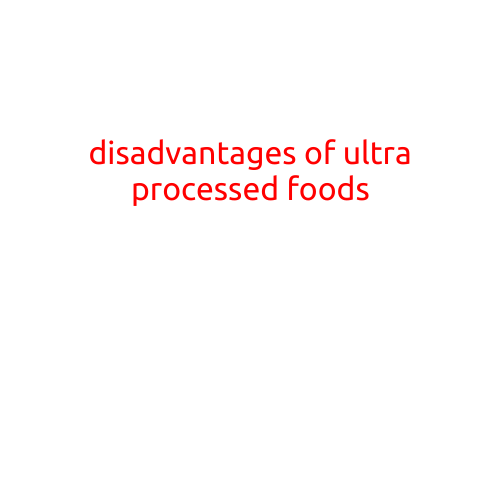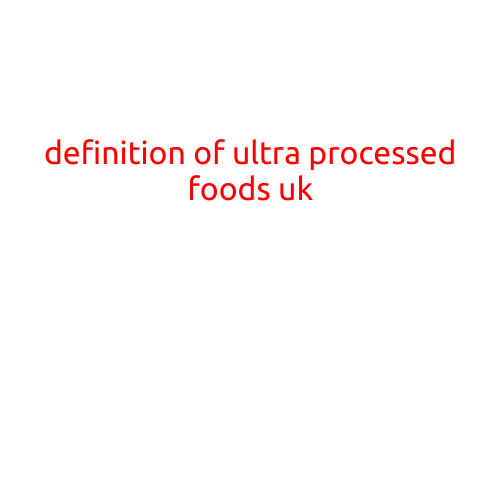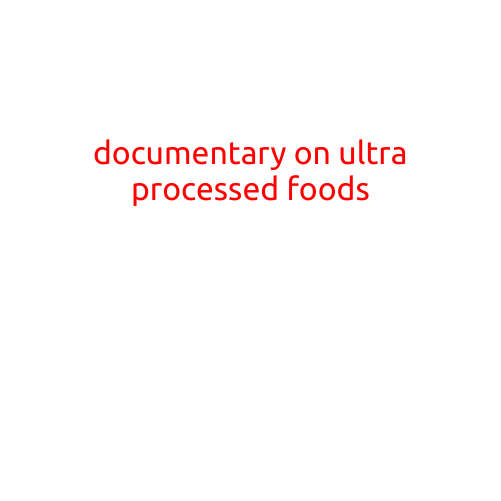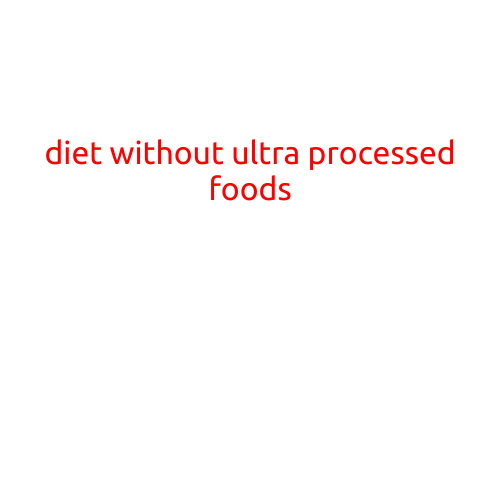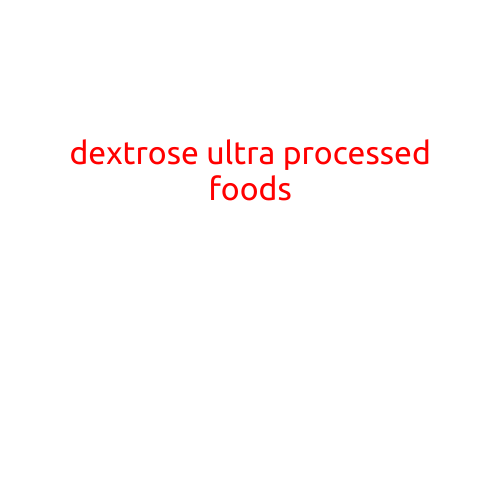
Dextrose: The Hidden Danger in Ultra-Processed Foods
As consumers, we’re constantly bombarded with information about the importance of reading food labels and avoiding highly processed foods. But amidst the noise, there’s a particular ingredient that’s often overlooked, yet plays a significant role in many of the foods we consume: dextrose.
What is Dextrose?
Dextrose is a type of sugar that’s derived from corn starch, wheat, or potatoes. It’s commonly used as a sweetener, texture modifier, and humectant in a wide range of food products, from baked goods and candies to frozen meals and snacks. While it may seem harmless, dextrose is actually a highly processed ingredient that can have some detrimental effects on our health.
Ultra-Processed Foods: The Real Problem
Dextrose is often a key component of ultra-processed foods, which are products that contain little to no whole foods and are instead made from a combination of ingredients, including dextrose, preservatives, and artificial flavorings. These foods are designed to be convenient and have a long shelf life, but they can be detrimental to our health when consumed in excess.
Ultra-processed foods have been linked to a range of negative health outcomes, including:
- Increased risk of obesity and weight gain
- Higher risk of type 2 diabetes
- Increased risk of heart disease and stroke
- Negative impacts on gut health
Why is Dextrose a Concern?
While dextrose is technically a sugar, it’s not like the sugars we find in natural foods like fruits and vegetables. Dextrose is a highly refined and isolated ingredient that can be quickly absorbed by the body, leading to a rapid spike in blood sugar levels.
Consuming high amounts of dextrose has been linked to:
- Insulin resistance and type 2 diabetes
- Increased inflammation and oxidative stress
- Gut dysbiosis and altered gut microbiome composition
How to Avoid Dextrose in Your Diet
While it may be impossible to completely avoid dextrose, there are some steps you can take to reduce your consumption:
- Read labels carefully: Look for ingredients like corn syrup, corn starch, and dextrose on food labels.
- Choose whole foods: Focus on consuming whole, unprocessed foods like fruits, vegetables, whole grains, and lean proteins.
- Limit packaged foods: Try to limit your consumption of packaged and processed foods, which are often high in dextrose.
- Opt for natural sweeteners: Instead of relying on dextrose or other highly processed sweeteners, try using natural alternatives like honey, maple syrup, or stevia.
Conclusion
Dextrose may seem like a harmless ingredient, but it’s actually a highly processed sweetener that can have negative effects on our health. By being aware of its presence in our food and taking steps to limit our consumption, we can make more informed choices about the foods we eat. Remember, a healthy diet is all about balance and variety – and that includes avoiding ultra-processed foods and high amounts of dextrose.

